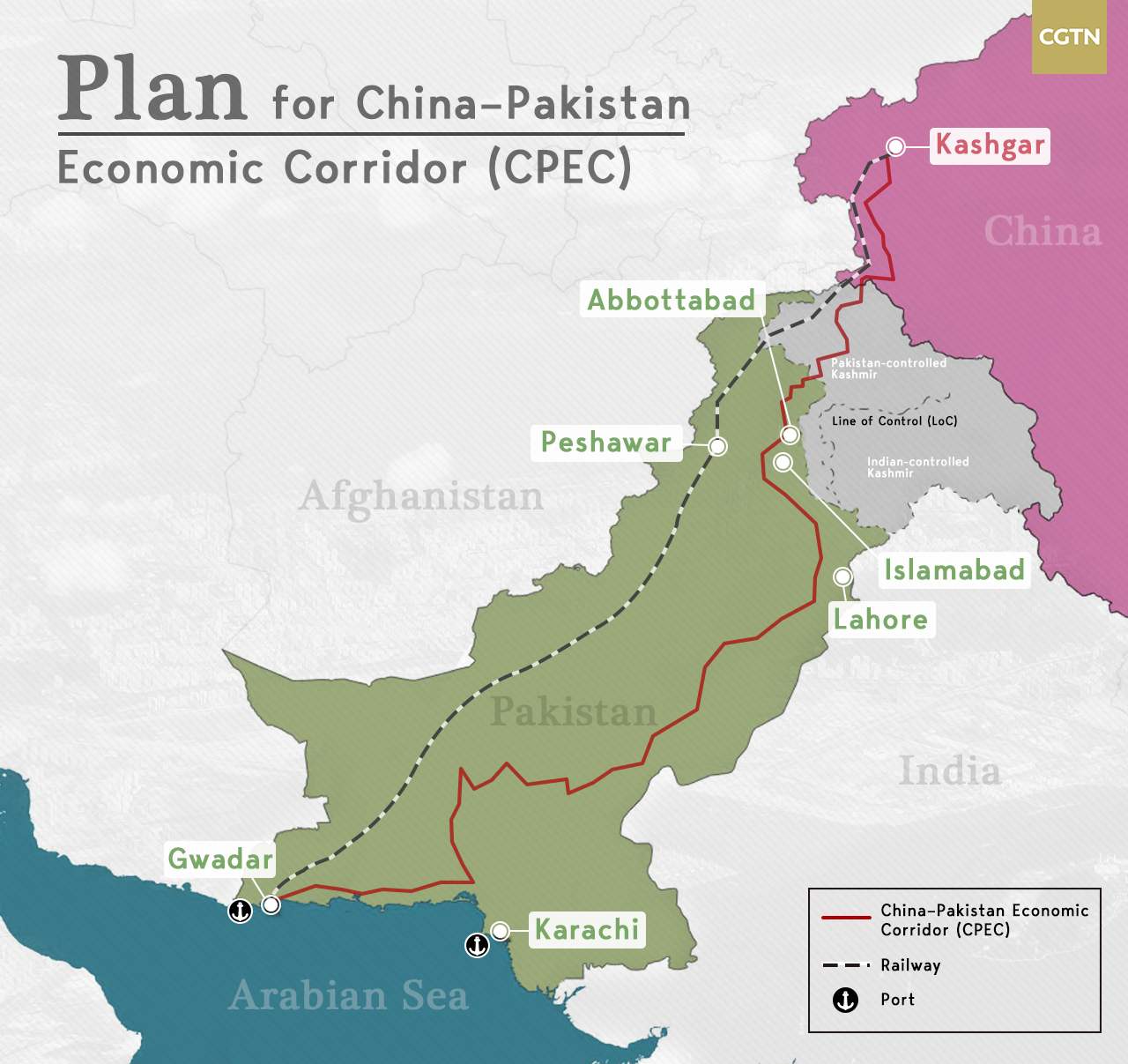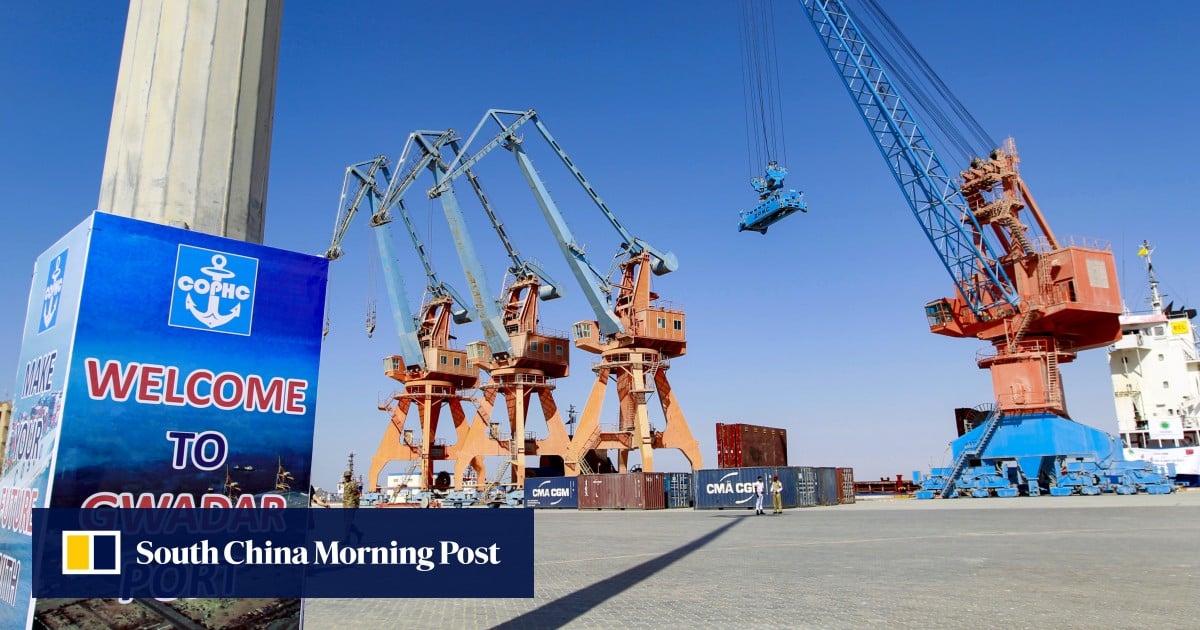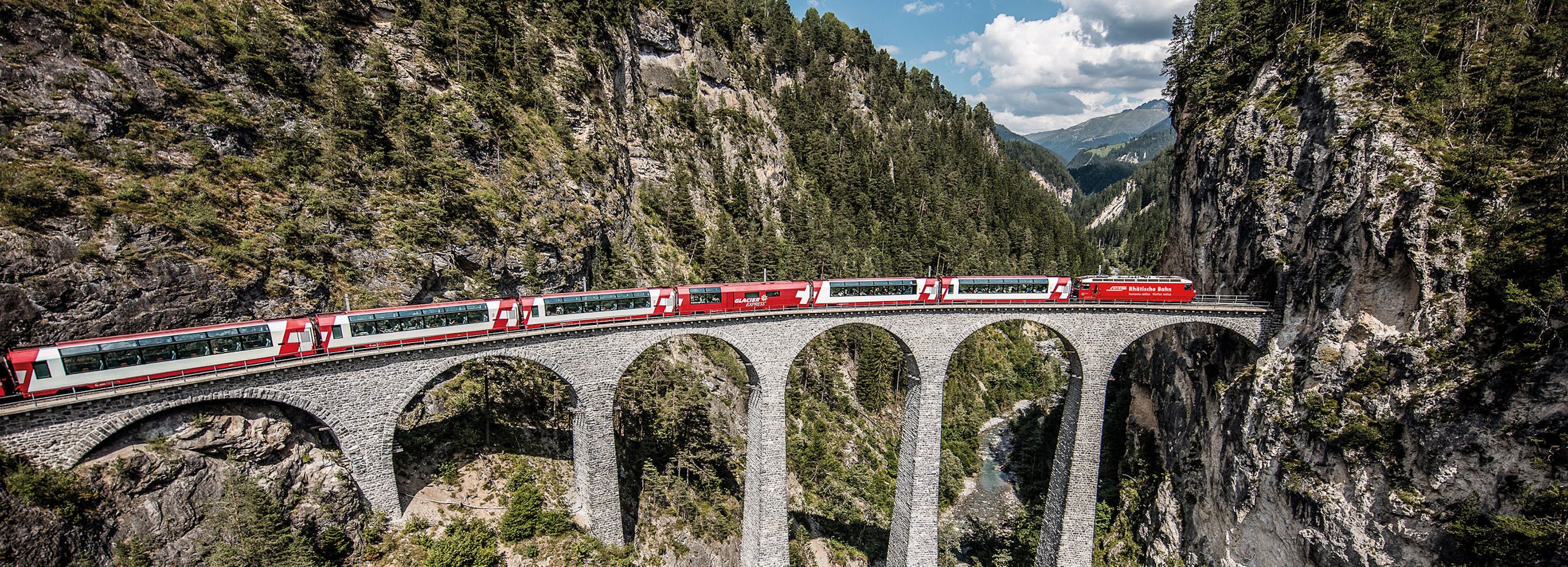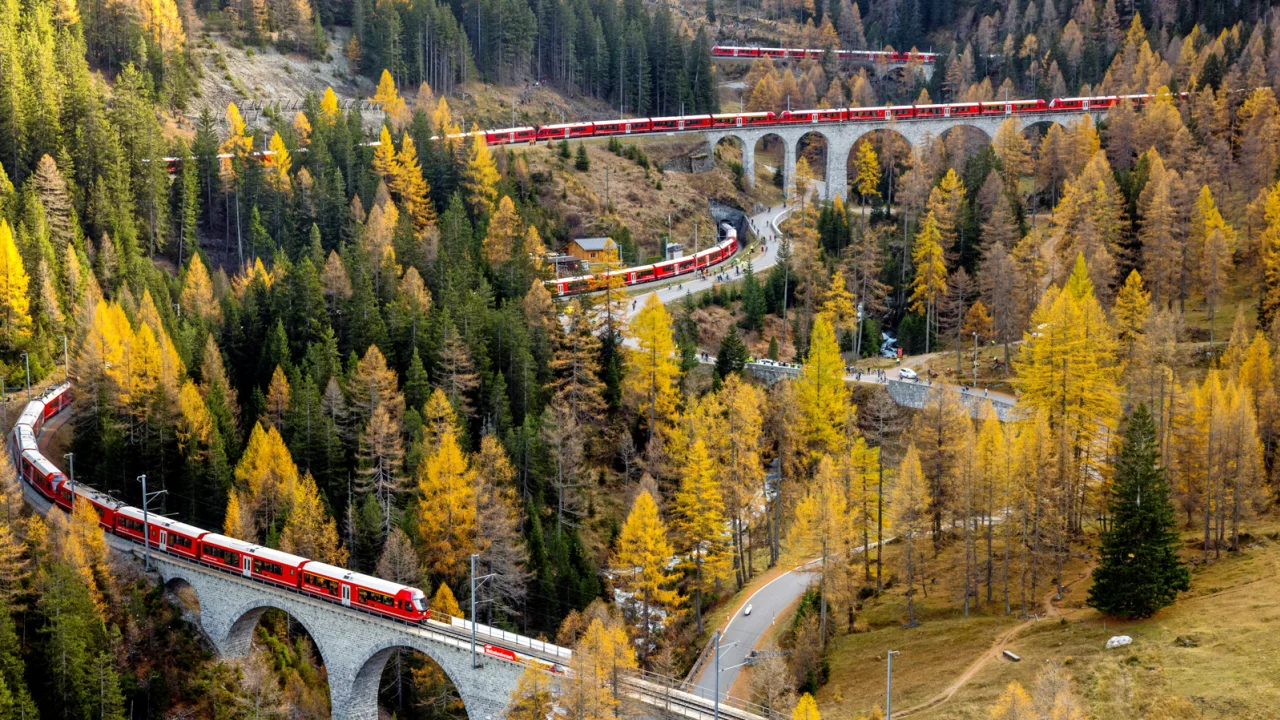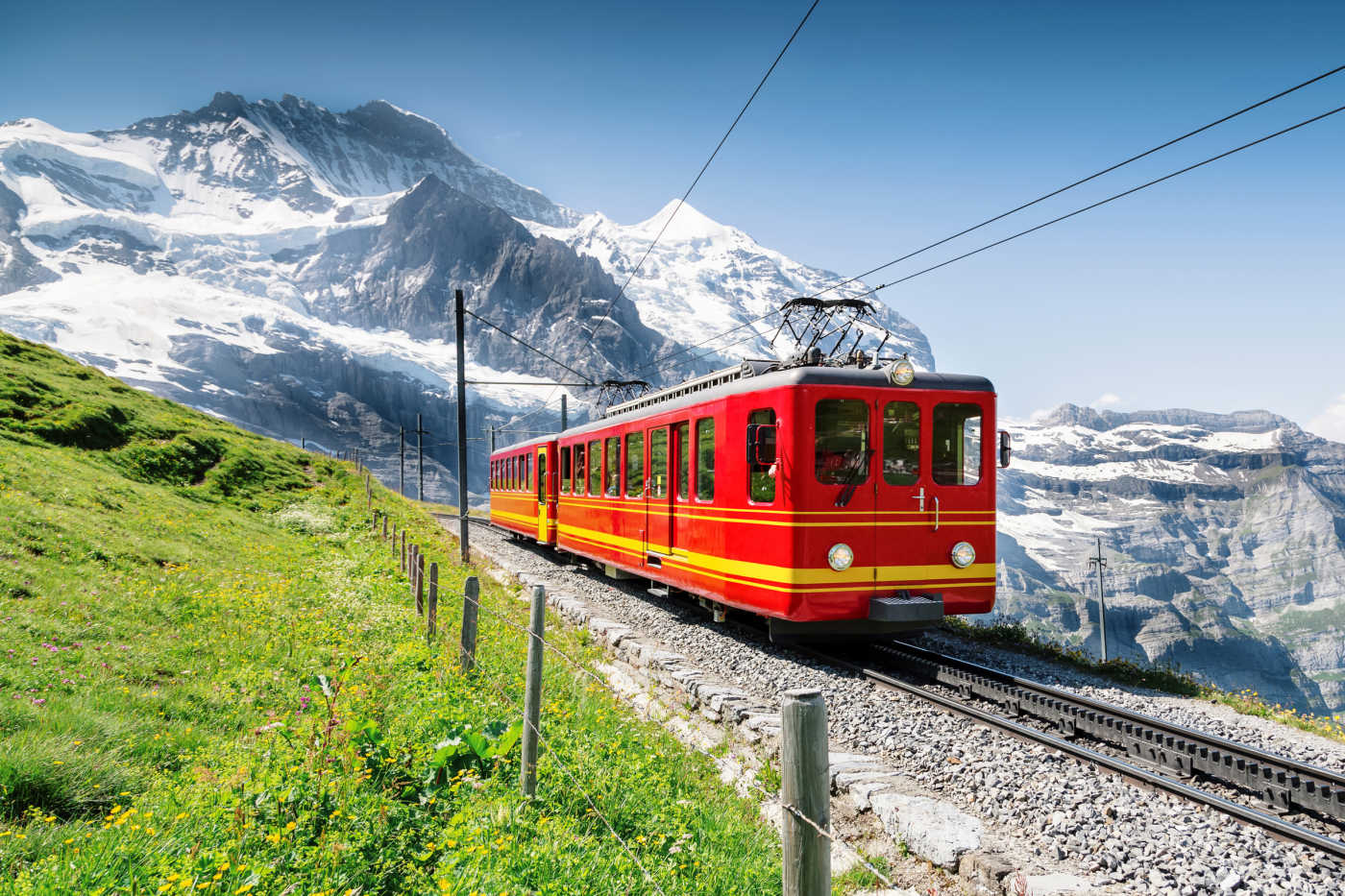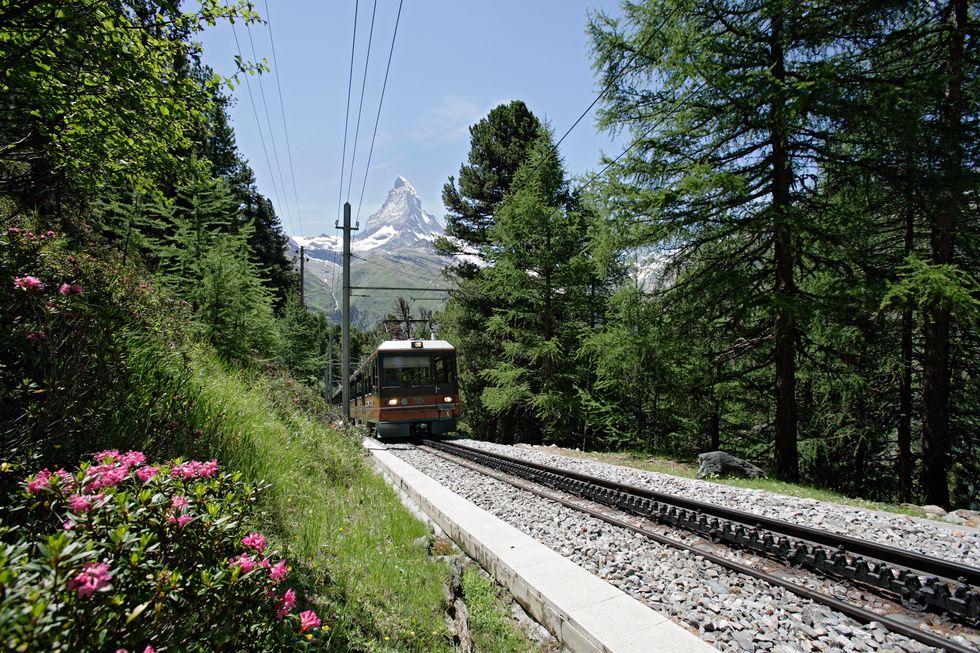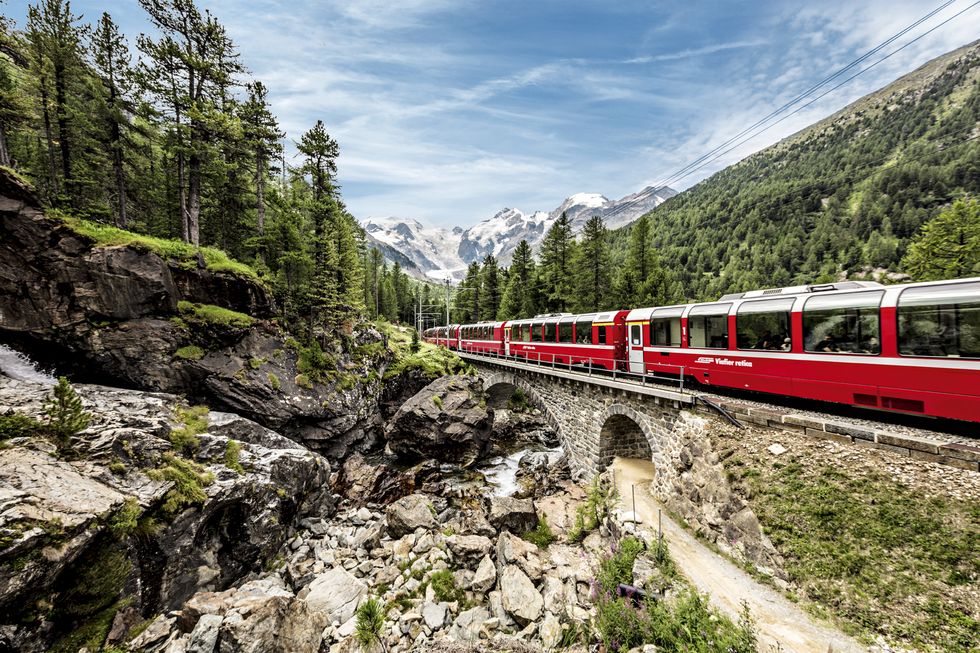China-Pakistan railway ‘worth it’ at estimated US$58 billion: study
- Belt and Road Initiative’s most expensive transport infrastructure project ‘has potential’ to reshape trade and geopolitics
- The rail link is part of a broader plan to revive ancient Silk Road connections and reduce reliance on Western-dominated routes
Stephen Chen in Beijing
Published: 3:01pm, 27 Apr, 2023
The
China-Pakistan railway – China’s largest
Belt and Road Initiative transport project – will cost an estimated 400 billion yuan (US$57.7 billion), but should proceed because of its strategic significance, a government-commissioned feasibility study has found.
The proposed railway, connecting Pakistan’s port of Gwadar to Kashgar in China’s Xinjiang Uygur autonomous region, was assessed by scientists from the state-owned China Railway First Survey and Design Institute Group Co Ltd.
The team, led by the institute’s deputy director of capital operations Zhang Ling, said the project was the belt and road plan’s most expensive transport infrastructure.
Despite the cost, the project had the potential to reshape trade and geopolitics across the Eurasian continent and should be supported, the team said in a report published by the Chinese-language journal Railway Transport and Economy in April.
“The government and financial institutions [in China] should provide strong support, increase coordination and collaboration among relevant domestic departments, strive for the injection of support funds and provide strong policy support and guarantees for the construction of this project,” they said.
The institute is one of the largest of its kind in China and has been involved in many major railway projects at home and internationally, including Indonesia’s Jakarta-Bandung high-speed rail line.
The 3,000km (1,860-mile) railway will link China’s western regions with the Arabian Sea, bypassing the Strait of Malacca and reducing dependence on the South China Sea.
Connections with other transport networks – including in Iran and Turkey – would also provide a more direct route to Europe for Chinese goods, while Pakistan is forecast to get a much-needed boost from the improved infrastructure and easier trade with China.
The scheme is a key component of Beijing’s broader belt and road plan to promote economic cooperation and connectivity among the countries along the ancient Silk Road trade routes.
Previous studies by Chinese government researchers have suggested the infrastructure initiative could have significant geopolitical implications, helping to shift the balance of power away from traditional Western-dominated trade routes.
As well as encouraging a more multipolar world order, the belt and road plan could also help to promote economic development and stability in countries along the route by creating jobs, boosting infrastructure investment and increasing trade, the studies said.
Most belt and road transport infrastructure construction projects had received a significant proportion of funding from the host countries, and the scale of investment was much smaller, Zhang and his colleagues noted.
For example, total investment in Kenya’s Mombasa-Nairobi standard gauge railway was US$3.8 billion, with China providing 5 per cent of the funding and Kenya paying for the rest.
The project connects the port city to the Kenyan capital and is part of a larger plan to link East African countries by rail. Similarly, China contributed 30 per cent of the US$4 billion funding for the Addis Ababa-Djibouti rail line in Ethiopia.
China covered 75 per cent of the Jakarta-Bandung high-speed railway’s costs of US$5.9 billion, with Indonesian state-owned enterprises providing the remainder.
But Pakistan is unable to make a similar contribution. Its GDP last year was US$370 billion – just six times the estimated cost of the project.
“Due to energy shortages, poor investment environment and fiscal deficits, Pakistan’s economic growth rate has come under pressure,” the team said.
“In terms of railway investment and construction, Pakistan is unable to provide sufficient financial and material support and mainly relies on Chinese enterprises for investment and construction.”
One reason for the hefty cost is the mountainous and geologically complex terrain along the route. There could be technical challenges to overcome in the construction and operation of the railway, the researchers said.
The project also required supporting infrastructure – such as ports and logistics facilities – that might not be immediately available in Pakistan, they said.
The study said Pakistan’s labour policies could be unpredictable, which could potentially affect the railway’s construction and operating costs.
The team also noted that Pakistan had experienced security challenges in recent years, including in its western region where the railway will pass through. Balochistan province, for instance, has been plagued by separatist violence for decades.
This could potentially disrupt construction and operation of the railway and pose a risk to Chinese workers and investments, the researchers said.
The study also pointed out the railway’s potential impact on neighbouring countries, such as India. With each country having its own priorities and interests, there could be disagreements or delays in decision-making related to the project, it said.
Zhang’s team suggested that a build and transfer (BT) model would provide the best investment and financing strategy for the project.
They considered BT against build-operate-transfer, public-private partnerships, and the engineering, procurement, construction mode that are becoming more popular in belt and road projects.
In the BT model, a contractor would be responsible for designing, building and financing the railway, with payment on completion and ownership transferred to the government or other commissioning entity.
The researchers said BT would allow the risks associated with the railway’s construction and operation to be allocated more effectively between China and Pakistan, potentially reducing the financial risks for both parties.
By ensuring that ownership of the railway was transferred to Pakistan, BT could also help to build trust between China and Pakistan by showing China’s commitment to supporting Pakistan’s long-term economic development, they said.
China and Pakistan have been talking for years about the railway, a crucial part of the China-Pakistan Economic Corridor (CPEC) that was launched in 2015 and aims to connect Gwadar port to Xinjiang through a network of roads, railways and pipelines.
The researchers said the China-Pakistan relationship was complex, with both countries having different priorities and interests.
Negotiating agreements related to financing, labour policies, and other issues would require careful consideration of each country’s priorities and interests, they said.
In conclusion, Zhang and his team said their recommendation could help to move negotiations forward.
Belt and Road Initiative’s most expensive transport infrastructure project ‘has potential’ to reshape trade and geopolitics.

www.scmp.com




